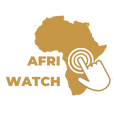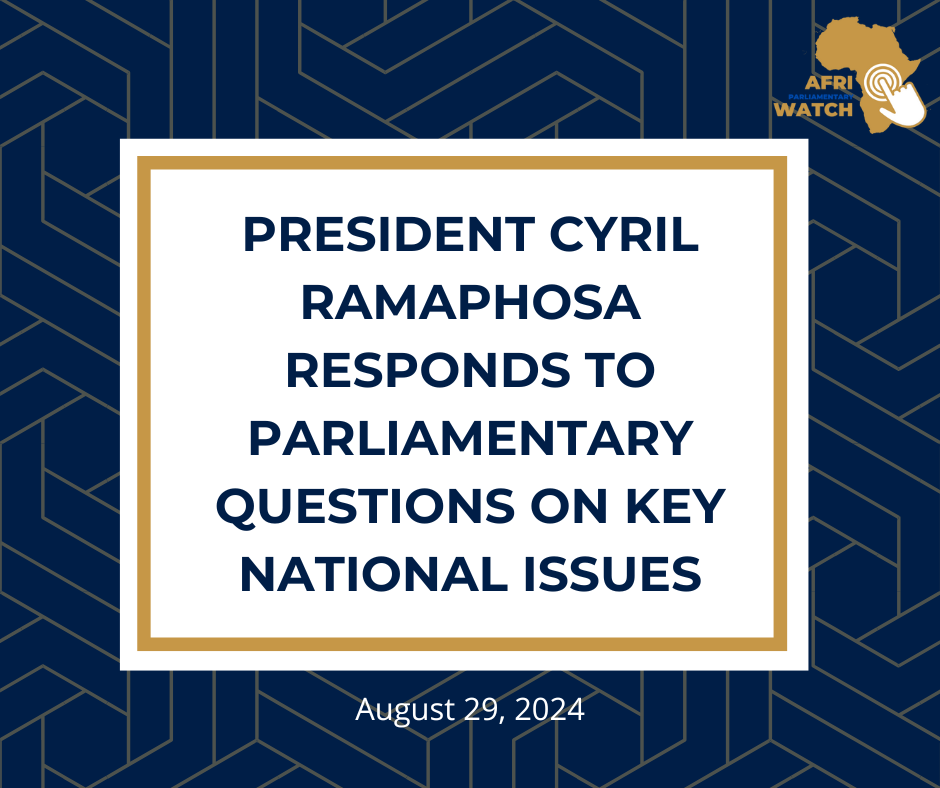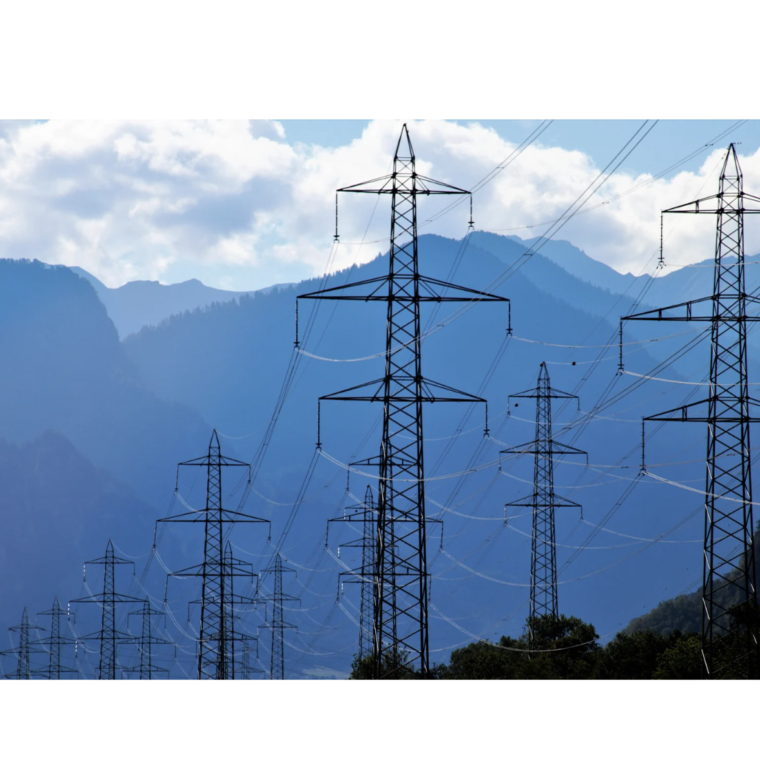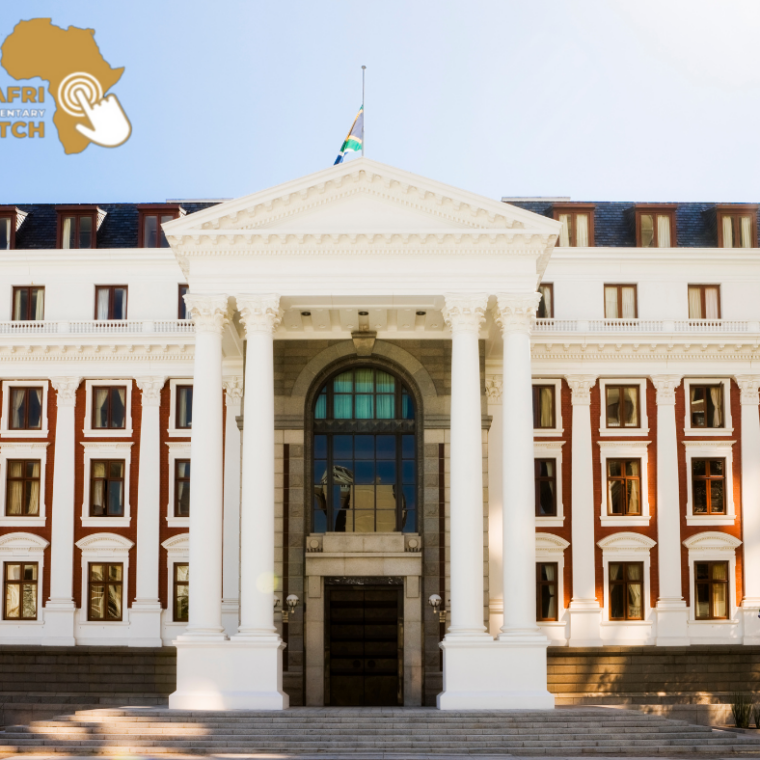Cape Town, 29 August 2024 — President Cyril Ramaphosa addressed several important national and international issues during the parliamentary session held at the Good Hope Chamber. The session covered a range of topics, from economic development strategies to foreign policy and social challenges.
Question 1: Sovereign Wealth Fund
Mr. M J Maswanganyi (ANC) asked the President how the government plans to develop a Sovereign Wealth Fund and ensure its benefits reach the majority of South Africans. The President explained that while South Africa’s current fiscal position—marked by significant budget and current account deficits—makes it challenging to establish such a fund immediately, the government is exploring the consolidation of state-owned enterprises (SOEs) as a potential avenue. This approach aims to create a state-owned SOE holding company, which could accumulate capital for a future Sovereign Wealth Fund.
Question 2: Private Investment in Infrastructure
Mr. G Michalakis (DA) inquired about studies or investigations commissioned by the government to assess the role of private sector investment in revitalizing South Africa’s crumbling infrastructure, particularly in ports and railways. The President confirmed that research conducted by Operation Vulindlela and the Department of Transport revealed a significant appetite for private investment. The findings highlighted the need for a clear regulatory framework to encourage private sector participation. The President also mentioned progress in implementing the Freight Logistics Roadmap and the restructuring of Transnet to separate infrastructure from operations, facilitating private investment.
Question 3: African Agenda
The Leader of the Opposition, Mr. Maimane, questioned the President on South Africa’s foreign policy, particularly its alignment with Western interests over African needs. In response, President Ramaphosa reaffirmed that Africa remains at the center of South Africa’s foreign policy. He outlined South Africa’s leadership roles within the African Union (AU) and its commitment to promoting African unity and self-determination. He also highlighted the country’s efforts in supporting peace initiatives and promoting intra-African trade.
Question 4: Small and Emerging Farmers
Ms. D D Pule (ANC) raised concerns about the high concentration of ownership in the agricultural sector, which limits market access for small and emerging farmers. The President acknowledged the issue and pointed to the Agriculture and Agro-processing Master Plan as a solution. This plan aims to expand market access, increase the participation of black farmers, and support small-scale producers through financing, advisory services, and partnerships with established industry associations.
Question 5: Housing in Alexandra
Mr. J S Malema (EFF) asked about the progress on housing developments in Alexandra, following the President’s promise in 2018 to build one million houses. The President clarified that the promise referred to a national target, not just Alexandra. He detailed ongoing efforts to build approximately 40,000 houses in the area, including the relocation of 8,000 households from flood-prone areas. Projects such as the Linksfield and Frankenwald Developments are part of these efforts, with various phases already underway.
Question 6: Angola and Illegal Trade
Mr. N M Hadebe (IFP) inquired about discussions on combating illicit trade and illegal substances between South Africa and Angola. The President confirmed that this issue would be on the agenda during President João Lourenço’s upcoming state visit to South Africa. The visit aims to strengthen cooperation in various areas, including security, and Ministers from both countries will prepare a report on safety and security matters for discussion.
Issued by the Presidency of the Republic of South Africa





